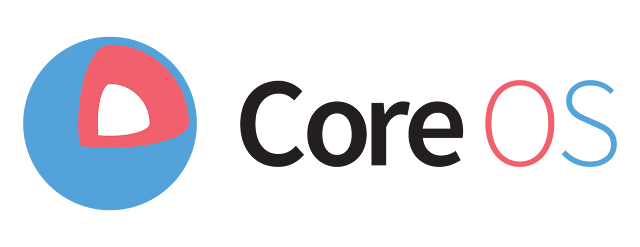I have been working with Kubernetes and I wanted to build it's contrib yesterday. However, nginx implementation of Kubernetes' Ingress is written in go-lang. Even though I needed to change some const string, it required recompilation.
Go is not java, and go building system is not maven. Setting up the environment was not straightforward. I was facing couple troubles but I'm going to take it from the beginning. My laptop uses ubuntu 15.04 - well 15.10 since 9pm :-) - and I have never installed go lang yet.
Here is simple tutorial.
Last two lines affect only the current terminal. You should update /etc/environment in the case you consider to use go-lang in the future.
Then, you can try to get version of go via:
Now, you can pull your git project, e.g.:
There is a build command in go-lang. You can type it into you terminal:
What's wrong? We have not setup GOPATH yet. This directory is something like maven cache. It's pretty simple, you can just point the variable to your home, e.g.
Actually, we are on right track. The fetching of dependencies takes a time so it seemed that go build or go get did not work but that's not true.
That's all, now building should work:
Go is not java, and go building system is not maven. Setting up the environment was not straightforward. I was facing couple troubles but I'm going to take it from the beginning. My laptop uses ubuntu 15.04 - well 15.10 since 9pm :-) - and I have never installed go lang yet.
Go lang installation on Ubuntu
First of all, you need to install go lang. You can use official repo, but it contains older version 1.3. However, do not install it using apt-get as kubernetes or it's dependencies require higher version of go-lang. Of course, I originally installed version 1.3 but some fatal error occurred later. It forced me do to the manual installation anyway.Here is simple tutorial.
Last two lines affect only the current terminal. You should update /etc/environment in the case you consider to use go-lang in the future.
Then, you can try to get version of go via:
$ go version
go version go1.5.1 linux/amd64
Go-lang compilation and building
Now, you can pull your git project, e.g.:
git clone https://github.com/kubernetes/contrib
There is a build command in go-lang. You can type it into you terminal:
What's wrong? We have not setup GOPATH yet. This directory is something like maven cache. It's pretty simple, you can just point the variable to your home, e.g.
export GOPATH=/home/martin/.goTry to build it again. There are no errors, but nothing is happening. I found in some stackoverflow discussion that there is a get command as well. Unfortunately, build is consist of get anyway. Then I found -v as verbose.
Actually, we are on right track. The fetching of dependencies takes a time so it seemed that go build or go get did not work but that's not true.
That's all, now building should work:

